The Three Key Elements Of Effective Guitar Practice - And How To Use Them To Skyrocket Your Results
I talk a lot about practice and mindset here at TomGuitar - and that's because they're SUPER important to becoming a good player.
Practice well, and you'll get handsomely rewarded.
But how do you practice "well"? What even defines how good your practice is?
Any practice session (and actually, any skill - from water skiing to languages) can be broken down into three key elements, and it's these three that make the difference between success and failure.
Download the free "Effective Practice Cheat-Sheet"
for a one-page PDF of all the tips in this article. You can print it out (or save it) and have it right next to you when you practice, to make sure you get maximum results every time you pick up your guitar! Pretty cool, huh?
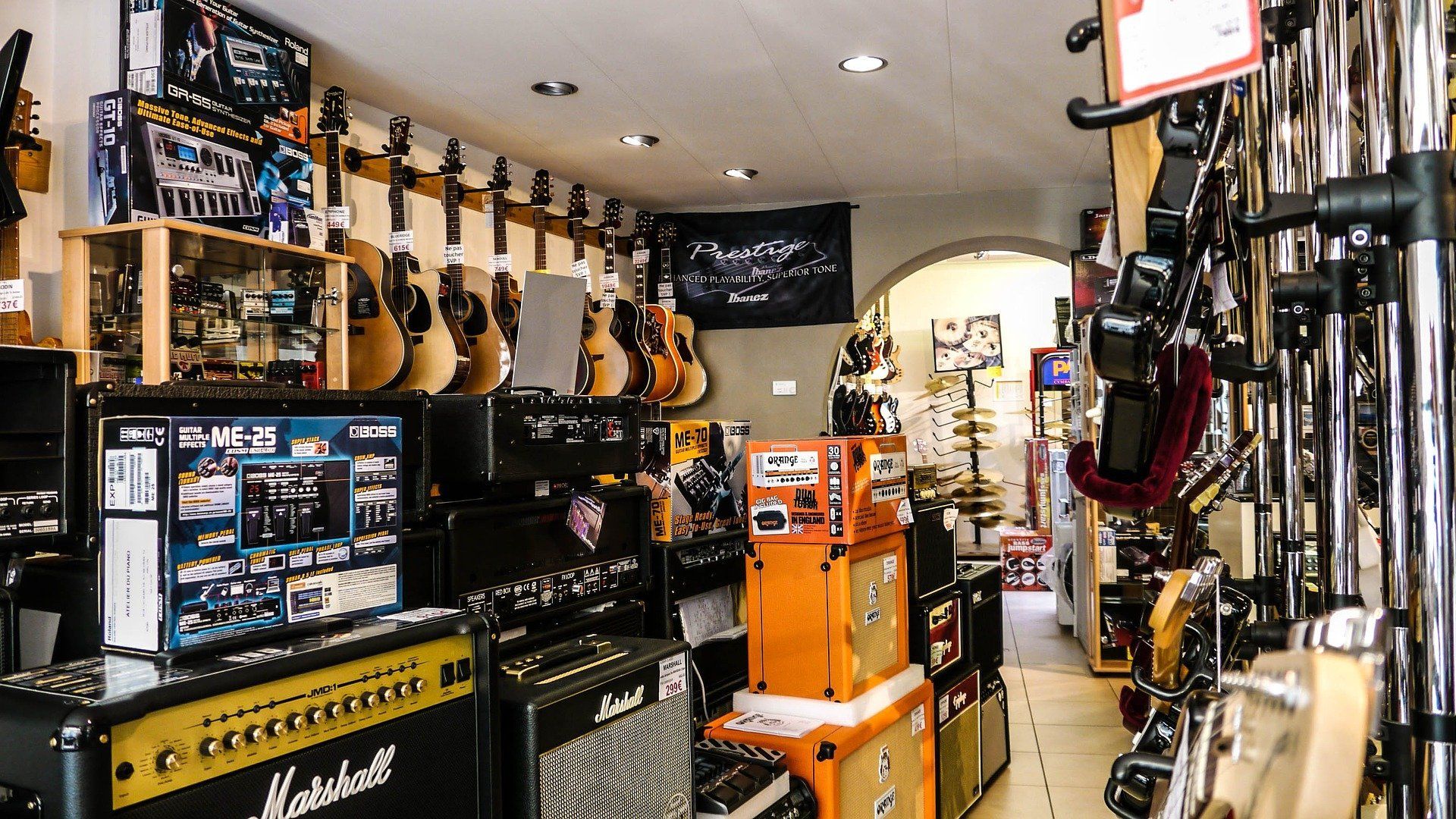
The Difference Between A Master And A Beginner
The difference between an expert and a beginner is practice - how long they've spent learning that skill.
But there's also another element - the quality
of that practice.
You see, two people can practice for exactly the same amount of time - covering the same topic as each other - and one person may learn much more quickly than the other.
Most would say "ah, that's because he/she is talented
", without really going deeper. Actually, there's something more going on.
The "talented" person - either consciously or without realising it - is using very effective practice methods that help them to learn more quickly.
Using quality practice, you can progress 5-10x faster than if you sit there using ineffective methods.
Football Penalties
Let's take the example of football (soccer, to you Americans) penalties.
Take two people, A and B. Here's how they're practising:
A: Leisurely kicking the ball into the goal before going to collect it himself, and then messing around between shots and not concentrating. He manages 2 shots per minute.
B: Focusing on the challenge at hand, with another person to help collect the ball faster (plus lots of extra balls right next to him) and a video camera set up on his phone, to watch back and evaluate. He manages 6 shots per minute, and stops to watch the video and find out where he's going wrong every ten minutes.
Who's going to progress faster and seem "talented"? B, of course!
He's not only hitting 3x MORE shots than A (so he's getting 3x more practice in the same time), he's also focusing more and he's evaluating himself with a video, so he can more easily pinpoint his mistakes. This guy is gonna get some SERIOUS progress!
See how important quality practice is?
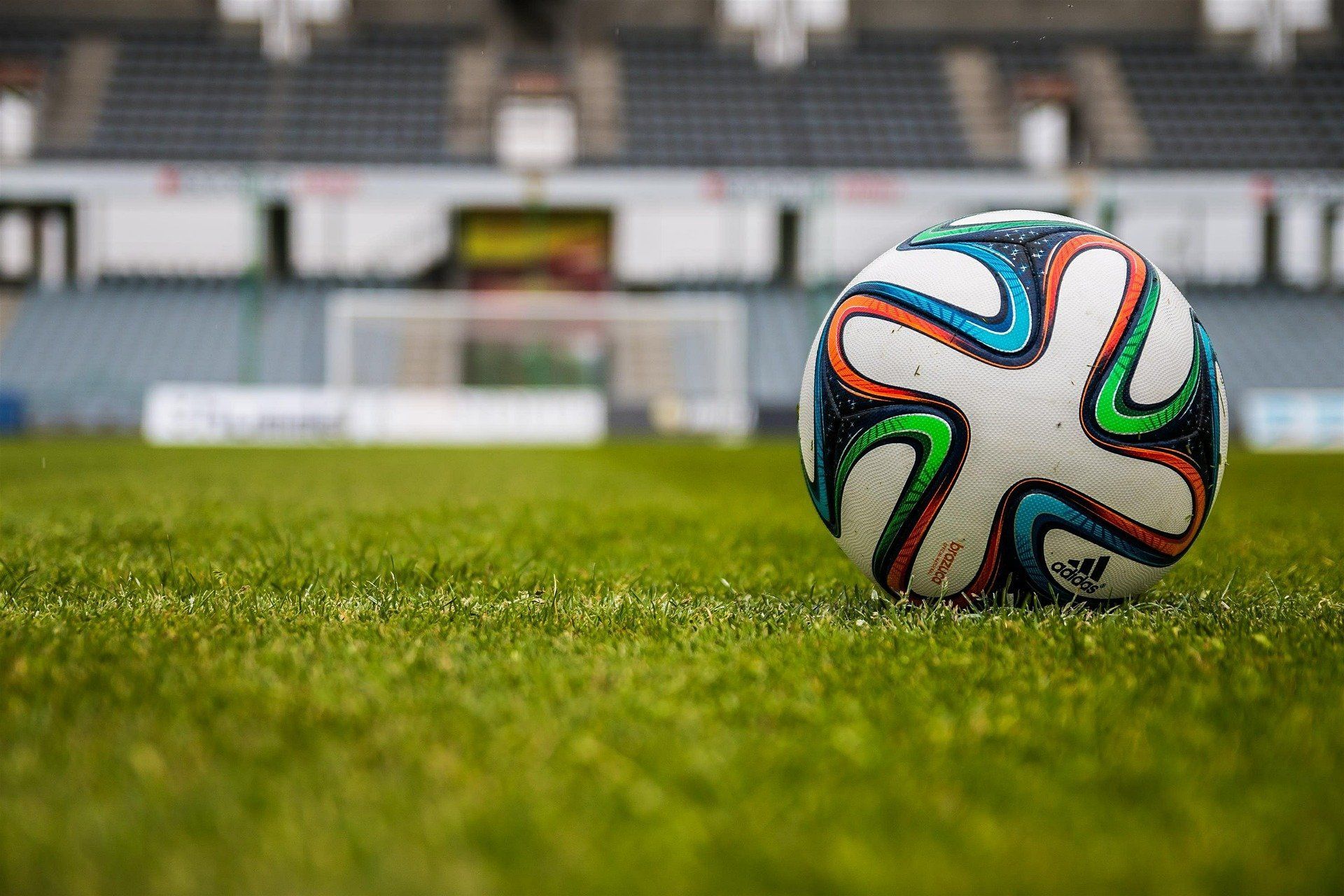
The First Two Key Elements Of Fast Progress
The first two elements of fast progress on guitar are the time
you spend, and the quality
of that time.
TIME and QUALITY.
We've covered how to get more practice time
before on TomGuitar, because remember - every extra minute you spend playing is a minute shaven off the distance between you and your goals.
The more time you put in, the better you get - it's that simple!
Well, almost
that simple... we've still got to factor in quality.
The quality of your practice includes stuff like:
- whether what you're learning is relevant to your goals
- how much you focus
- how you break things down into easy, manageable chunks
And loads of other stuff we'll get into in a moment.
The quality of the time you put in is just as important as the time itself - if it's not quality time, then it's wasted.
The Guitar Progress Formula
We could write it in a formula:
Time x Quality = Progress
This means that if you spend more time practising, you'll get more progress. If you increase the quality of your practice, you'll also get more progress.
Do both, and you'll learn really
fast.
But remember, the reverse also applies - no matter how much time you spend on guitar, if it's poor quality practice then you're not gonna learn anything! If quality is "0", then so is progress.
And no matter how effective your practice is, if you don't spend any time practising you're not gonna get any better. You still have to put in time!
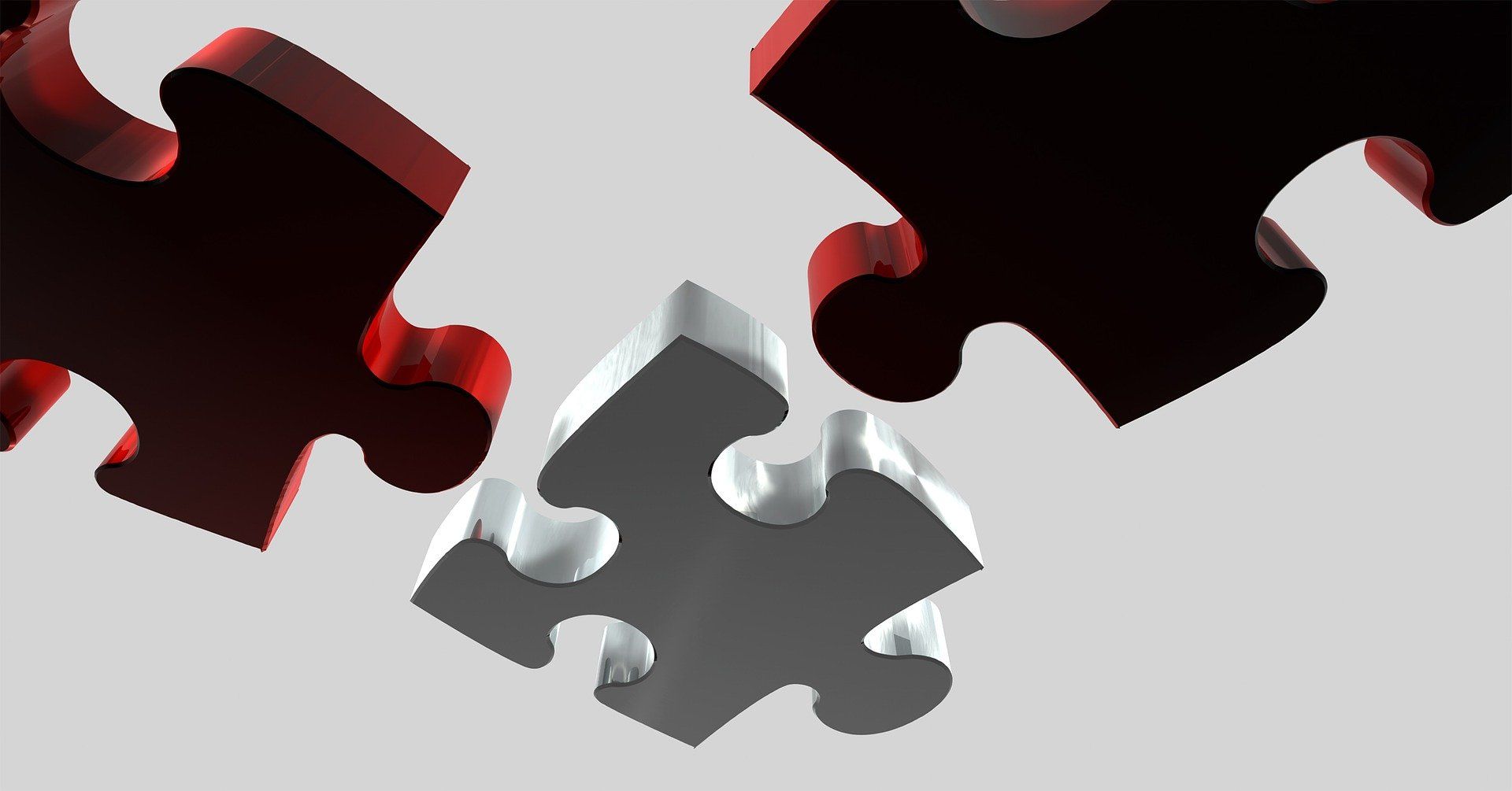
The Vital Third Part Of The Puzzle
But there's still one more element...
...mindset.
The way you think
about guitar practice also has a big impact.
Why? Because it's the thing that defines how much time you put in!
If you're confident that you can become a good player, and you enjoy playing guitar, then you're gonna practice more and get better results.
On the other hand, if you believe you'll never get any better, and you let your motivation fail, then you won't practice and you really won't
get any better!
Some people think that their motivation and mindset are just predefined, and they can't do anything to change them. In fact, that couldn't be further from the truth.
You see, whenever you are motivated to do something and feeling good, your brain has run specific mental patterns to get into that state.
All you have to do is break down what these patterns are, and you can control your guitar motivation much more effectively.
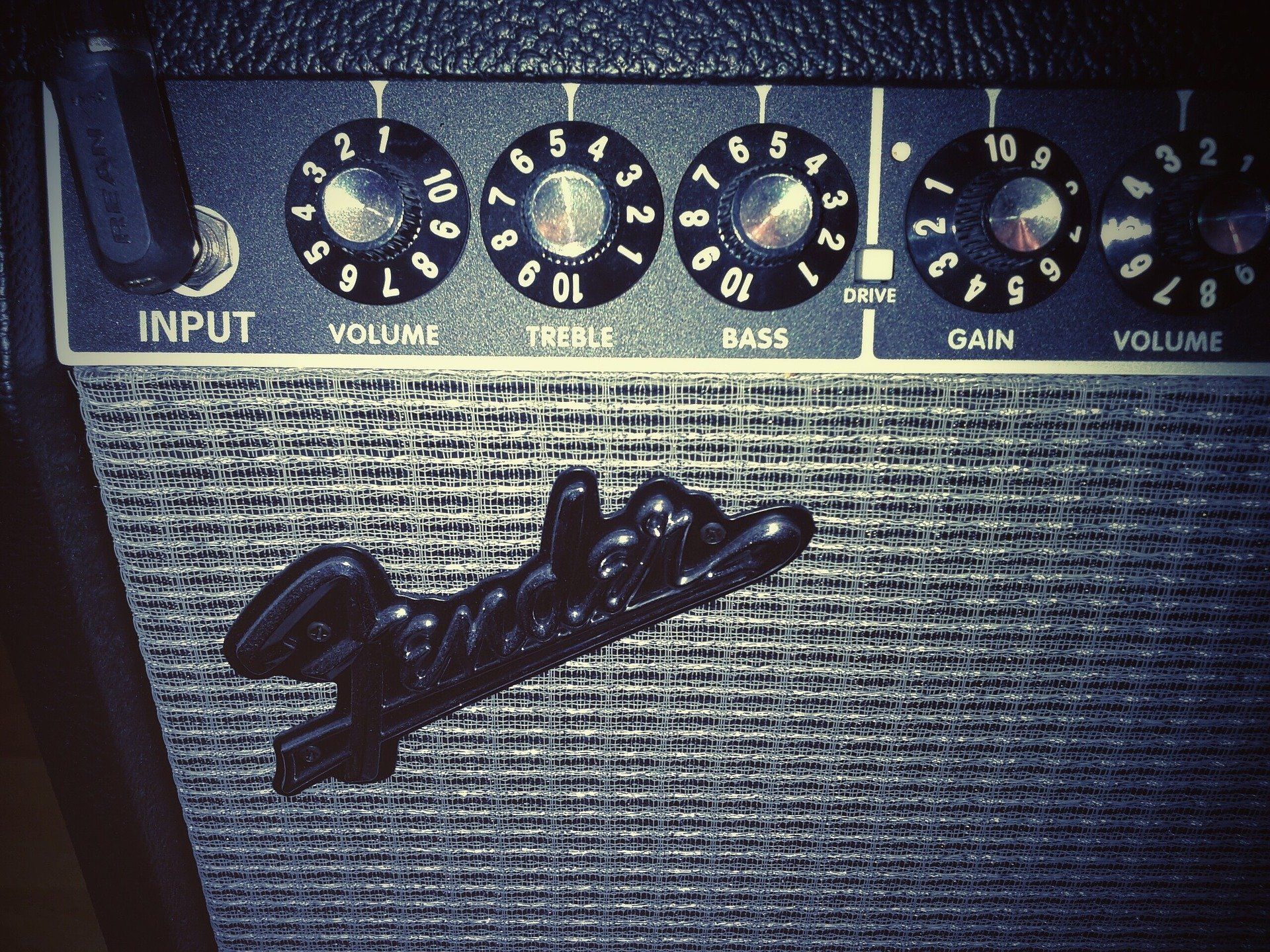
Another Hidden Benefit Of A Good Mindset
Having a good mindset doesn't just ensure you'll put in the time - it actually makes you learn faster.
Your brain will be in the right frame for fast learning, and your mind will be open which will allow you to pick things up more easily.
It sounds strange at first, but it makes sense - the more excited you are about practising, the more you'll focus and the more attention you'll put into the quality
.
This makes you learn way faster.
The benefits to a good mindset are numerous - we'll get to how you can improve your mindset in a moment, but first...
TIME
Let's go through the first part of the puzzle - the TIME you put in.
It's not down to how many years you've been playing. In fact, that doesn't really matter at all.
Instead, what matters is how many hours
you've done within those years.
Who is going to be the better player, the guy who has done 500 hours in five years, or the person who has done 1000 hours in two years?
The two year guy! If all you knew was how many years they'd been playing, you'd think the two-year player was miraculously talented, but that's because the years, months, days etc. don't matter - it's all down to how much PRACTICE you've done.
This means you don't actually have to play for that long to get good; you just have to devote a good amount of time to practising.
Everyone can find an extra 15 minutes a day to practice - just go to bed 15 minutes later, or wake up 15 minutes earlier. It's such a small amount that you probably won't notice a difference to your day...
...and yet, over a full year, that adds up to 5475 minutes of practice - or nearly 100 hours. That could result in some SERIOUS progress, with barely any difference to your daily schedule.
Or how about turning off Facebook for half an hour, and spending that practising instead?
That'd be OVER 10,000 minutes of practice over one year, and all you've done is reduce the time you spend on social media.
Your Top Priority
It all comes down to making guitar your priority.
If you prioritise guitar over other things, then you will
find the time to practice.
Make it your "go-to" activity - instead of getting your phone out or watching TV, pick up the guitar instead! Every minute counts, and every second you spend will help you along the way to your goals.
You don't need more time - you just need to organise it better.
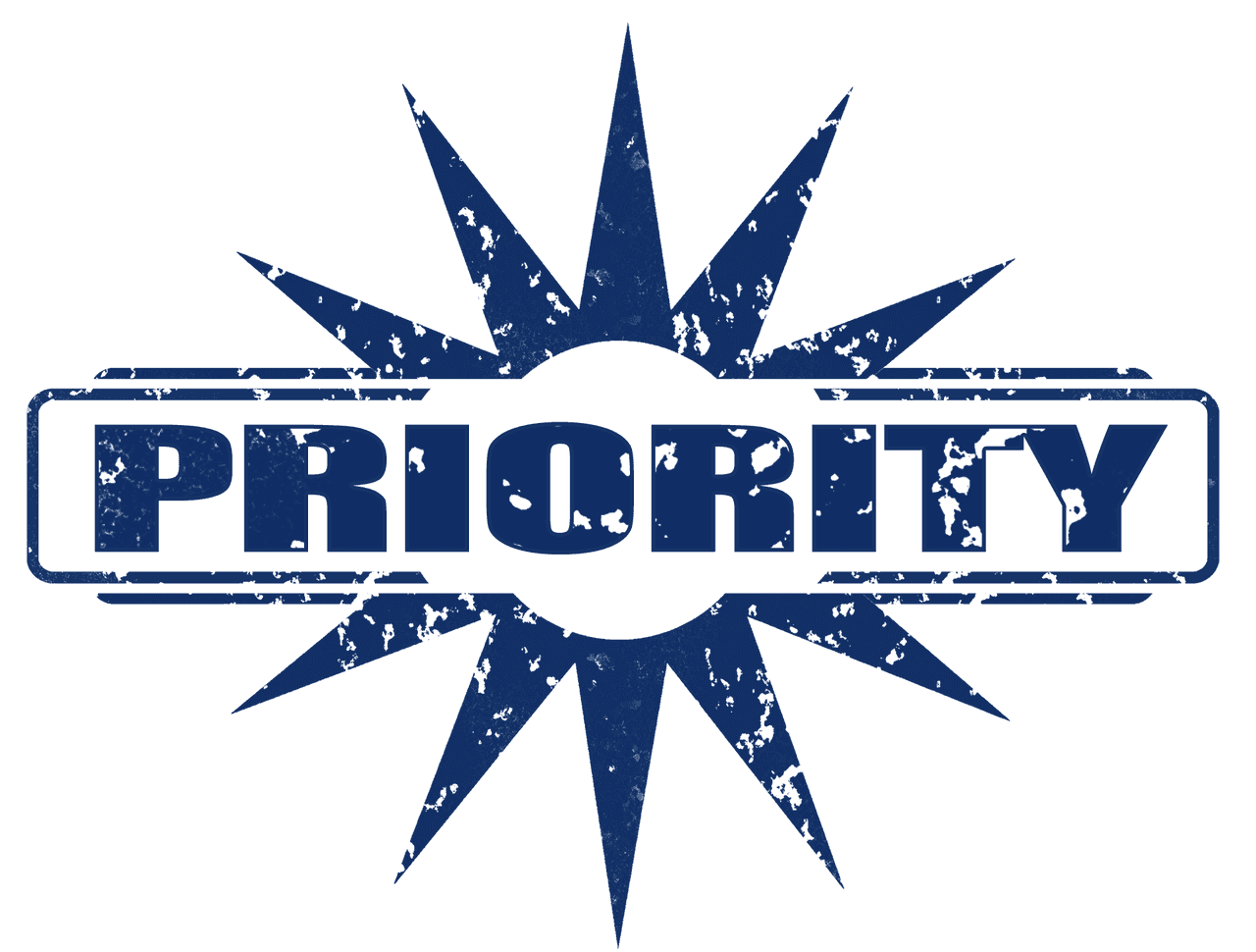
QUALITY
Now we'll cover quality - which is just as important as time.
There are two general areas of quality practice, MATERIAL and METHOD.
- Material: What you practice. Which songs, scales, licks, etc. are you learning?
- Method: How are you learning it? Which exercises, practice techniques etc. are you using?
Both of these are really important. Practice the right material with good methods, and you'll find yourself getting more progress.
Material
We'll go through material first. I've broken it down into a few easy principles:
- Learn the most common things first
- Keep it fun
- Take the right level for you
- Break it down
- Master it
"Learn The Most Common Things First" - this means using your common sense. Don't learn the phrygian dominant scale before you know the major scale. Don't learn sweep picking before you can do a string bend.
Essentially, it comes down to learning things that'll have the largest pay-off. Don't learn something that's really niche and specific until you've learned the stuff that covers a wider area.
Focusing on things you can use in loads of situations (and loads of genres) is more beneficial because you're getting more for your time; your more likely to use what you're learning in the future.
For instance, vibrato is a very common technique with loads of uses, so it would make sense to learn it before tackling something like multi-finger tapping - which you're only going to use in very specific situations.
Use your common sense - what can you learn that'll give you the largest payoff?
"Keep it fun" - if it's not fun, you're not gonna concentrate... and if you're not concentrating, you're not gonna learn much.
The number one element in fast learning is fun - it HAS to be fun for you to learn quickly. Your brain is more open to learning when the stuff you're learning is interesting and engaging.
This means that even if there's something you probably "should" practice right now, but it's boring - do something that's more fun instead. You'll get more out of your time.
"Take the right level for you" + "Break it down" - pick challenges that are of an appropriate difficulty level, or break down larger challenges so that they BECOME your difficulty level. These two go hand-in-hand.
Now, you can set ambitious goals - in fact, I'd say the more ambitious the better - but you have to break them down into smaller challenges that are at your current ability level.
Let's say your goal is to alternate pick at 200bpm (we'll use this example because it's easy to measure).
If your current max. speed is 80bpm, that could seem like a really intimidating target!
But wait - what if you broke it down and focused on a challenge that's at your level?
Well, you can already pick at 80bpm - you could probably learn to play at 81, right? You'd hardly notice the difference.
Then you could play at that speed for a while, and soon you'd feel like 82 would be easy, too.
Then 83. 84. 85. You can build up one bpm at a time, and before you know it you'll be at your final goal.
Increasing by 120bpm seems really intimidating, but remember - it's made up of 120 separate 1bpm-steps. Conquer one step at a time, and suddenly it doesn't seem so difficult!
"Master it" - this is all about MASTERING a challenge before moving on.
If there's one thing that stops people getting the results they want, it's moving on before they've got real results.
Let's take the alternate picking example above. Stick to that challenge like a maniac until you reach your goal!
If you get discouraged, or can't be bothered for a few days, that's fine - but get back to it as soon as possible. Don't give up until you've completely mastered the challenge you've set yourself.
You see - everyone who has succeeded, didn't give up. And everyone who failed, DID give up. It's the number one factor in success.
It might (and probably will) take longer than you expect, but don't let that put you off. Be determined, and stick to the challenge until you get meaningful results.
Otherwise, you're never gonna reach the level you want.
Don't move on to different material until you've mastered what you're currently working on.
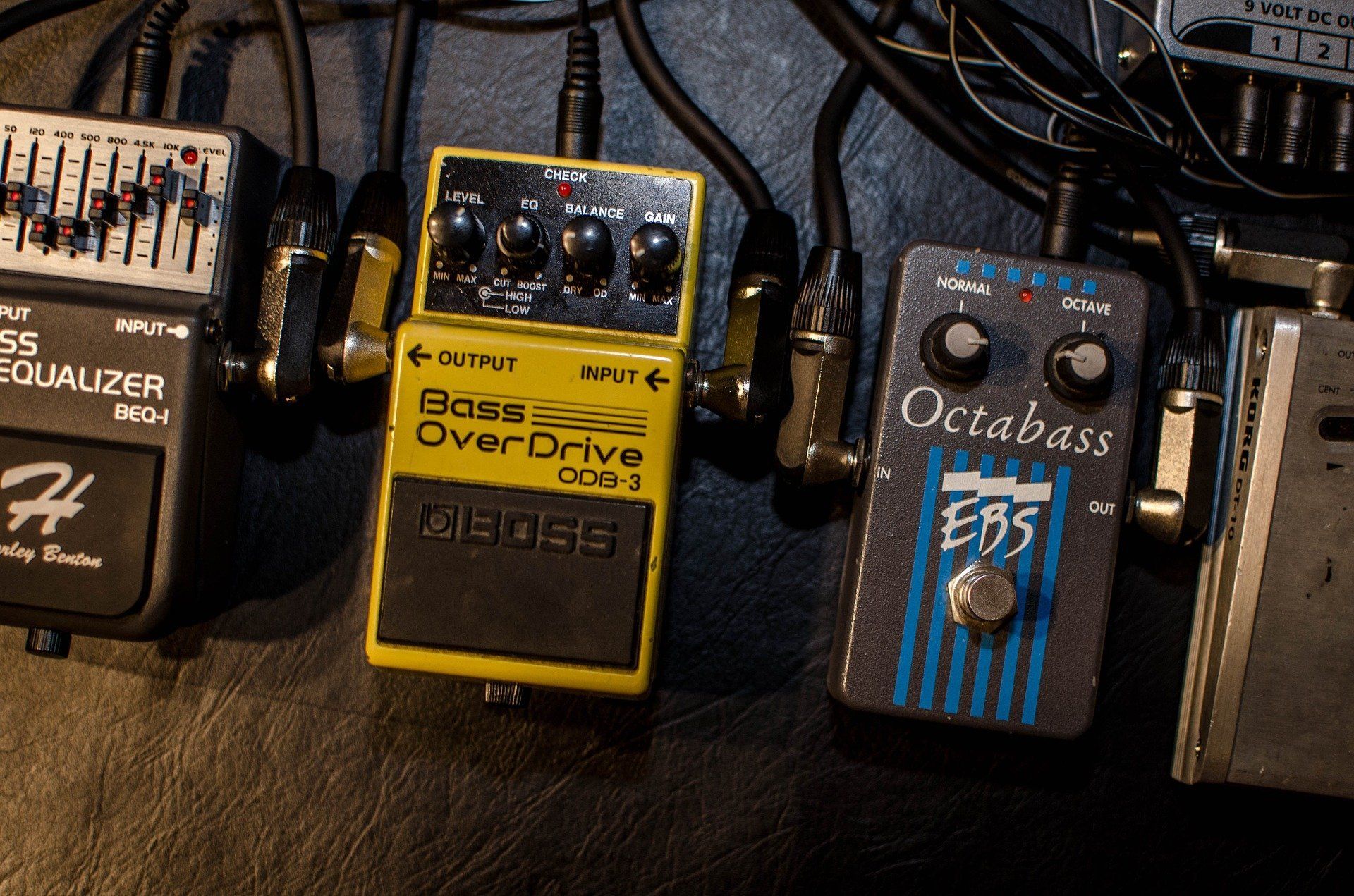
Method
Now you've decided what you're gonna practice, you need to practice it in the right way. There are a few easy tips for this, too:
- Don't fear mistakes
- Ruthlessly eliminate mistakes
- Take more breaks
- Apply it immediately
- Repetition, repetition, repetition
There are loads more tips and tricks you could use that we'll be discussing in future - these few will give you a great foundation.
"Don't fear mistakes" - I've seen many a beginner (including myself, years ago) hesitate to try something new, because they're scared of getting it wrong.
They've heard that making mistakes is bad, so they want to avoid them - makes sense right?
...actually, it's one of the worst things you can do for your playing.
You see, if you never make mistakes then you're not gonna learn anything.
You learn LOADS from trying new things and then noticing where you make mistakes. You can then fix these mistakes to become a better player.
After all, if you play a wrong note on guitar, what happens? Nothing! If you're playing by yourself then there are, quite literally, no negative consequences. However, there is a big opportunity to become a better player, by figuring out why you hit that wrong note and practising so you don't do it again.
Use that opportunity - and welcome it!
"Ruthlessly eliminate mistakes" - turn those mistakes into an opportunity to improve.
Welcome an opportunity to make mistakes on guitar, and then when you make a mistake, be ruthless.
Practice until you don't make it again. Figure out exactly what you're doing wrong (a teacher is really helpful here) and then use that information to fix the problem.
If you do this then you can turn every wrong note into a fun practice session that'll give you real, long-term results.
I use this when playing live. If I make a mistake then I don't worry about it - I carry on as if nothing has happened (which often means the audience don't even notice the mistake). I do, however, make a mental note of the mistake.
Then, after the show I can go through the mistakes I made and drill those areas until they're perfect. Every single time I make a mistake I can use it to make myself a better player!
Pretty awesome, isn't it?
"Take more breaks" - I know this sounds counter-intuitive, but it's REALLY useful.
I don't mean you should practice less - I just mean you should break your practising into smaller pieces.
Let's say you're learning a new scale. Instead of doing one 30 minute session in a day, do three 10 minute sessions.
In fact, doing five or six 5-minute sessions would be even better!
This is because in order to put something in your long term memory, your brain needs to learn it, then forget it, then learn it, then forget it, until you no longer forget it.
Re-learning it repeatedly, over and over again, shows your brain that this is something important - it can't afford to forget it, because you keep needing it again! That's how you put stuff into your long-term memory.
You can do this with scales, technique, new songs... in fact, it's good for pretty much anything!
This can also help you to get more practice time. Sometimes it's difficult to set aside a full 30-minute block for practice, but we can all find a spare 5 minutes here and there.
One session before you go to work, one when you get home, a quick five minutes while dinner is cooking... you'd be surprised how much time you have if you use it well.
"Apply it immediately" - it's no good to just learn something. You need to learn to USE it.
If you've got something into your long-term memory, unless you teach yourself to use it in context, it's useless information.
Let's say you've mastered a new scale. You can play it up and down pretty quickly, and you know where all the notes are. The next step is to apply it.
You could do this in any number of ways, but often the best one is to improvise. Stick a backing track on and play around with the scale, trying to make melodies and solos on the spot.
At first it'll sound crap, but it doesn't matter - you're learning! It takes time to develop control over new sounds.
You could even turn the backing track off and improvise along with yourself, creating cool rhythm parts and lead lines as you play. Some would call it noodling, but this has had a HUGE impact on my playing over the years.
Do it with everything - if you've learned a new tapping pattern, how about creating five ways to go between normal improv and tapping? You could do a bend, and then a left-hand trill, and then use that time to get your right hand in position.
Application is VITAL to becoming a good player and actually using what you learn.
"Repetition, Repetition, Repetition" - throughout all of this, there is one constant: repetition.
The more you repeat something, the better you'll know it. This is a fact of learning.
In fact, when you practice anything, what you're really doing is repeating it until you get to the level you want.
More repetition = more results. It's that simple!
There is no substitute for relentless repetition.
The thing is, though, the quality of those repetitions matters just as much as how many you do.
It's no good doing 10,000 repetitions of a shred lick if they're all full of mistakes and muscle tension. If they're perfect, though, then you'll get good results.
It all comes down to perfect repetition.
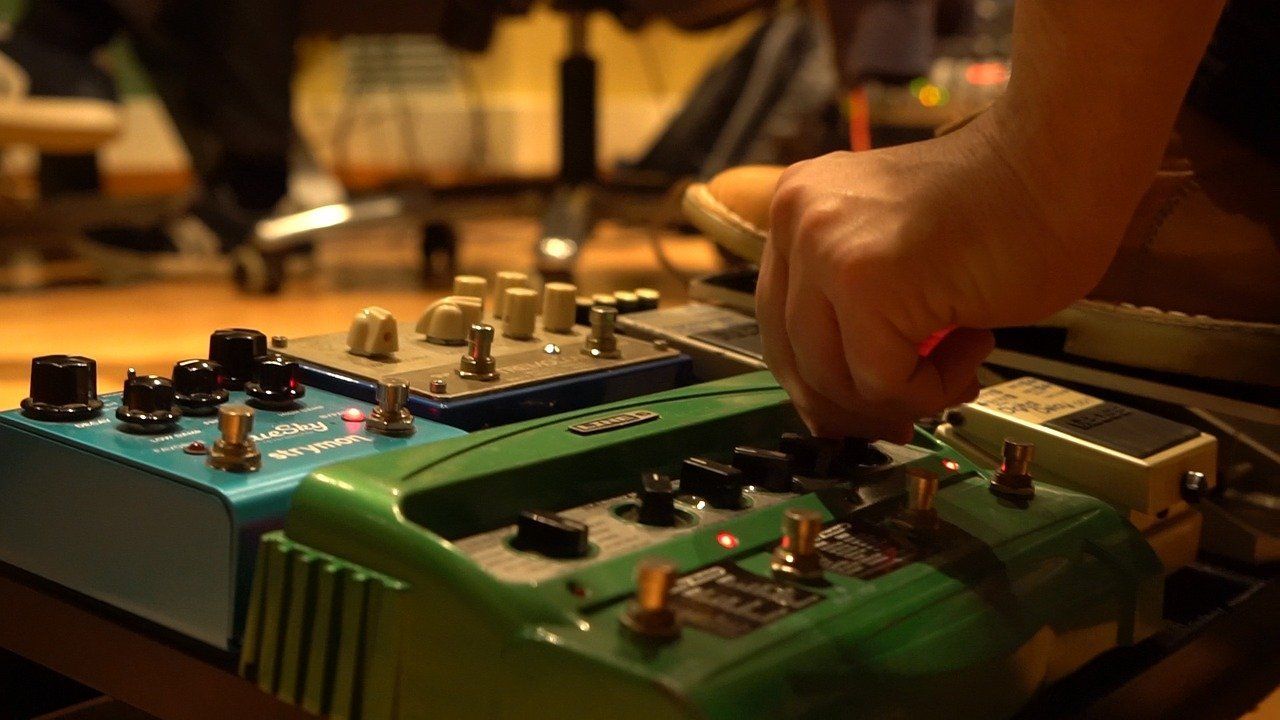
MINDSET
As I've written before, your mindset is the #1 thing that defines your success on guitar.
There's so much to write about this that we could be here for days, so instead I'm gonna link to some other helpful articles and books that explore the topic in more depth.
Here we go:
"The Talent Code" by Daniel Coyle
- a superb read for anyone who wants to become the best they can be. It explores why certain people are great at their chosen craft, along with what we can learn from them - and in the process debunks the myth of talent and shows what real, solid practise can do. It's great for eliminating the "I'm not talented enough" belief, and shows how anyone can be great if they work hard (and smart).
"Bounce" by Matthew Syed
- another book exploring talent vs. practice, which has some very eye opening chapters on why people from different parts of the world are better at different things. If you don't think you have enough natural ability to succeed on guitar, read this book
. It'll change the way you think.
"The Magic Of Thinking Big" by David J Schwarz
- although it was written many years ago, this book still contains a wealth of information about making your mind work for you. It's all about thinking BIGGER - why aim to be decent if you could be great? It explores how successful people and unsuccessful people have very different mindsets, and how to improve the way you think to become more successful. It's a bit dated, but still a very good read.
Also check out this article
on how to motivate yourself to practice. Your motivation isn't controlled by some mysterious outside force, and it isn't random - it's down to you
. You can control your motivation if you know how, and hopefully that article will give you an idea of how to go about it.
I hope this article has been helpful to you. Remember - TIME, QUALITY and MINDSET. Follow the tips for each one, and you'll find yourself learning faster than ever before. Oh, and read those books! Borrow them from your library and devour them - most guitar players don't read stuff like that, but if you do
, you'll put yourself far ahead of everyone else.
The tips can be applied to any skill, too, so it's not just benefiting your guitar playing, but everything else you want to learn as well.
Have fun, and keep rocking!
Don't forget to skyrocket your results by downloading the free
"Effective Practice Cheat-Sheet"
, a
one-page PDF of all the tips in this article. You can print it out (or save it) and have it right next to you when you practice, to make sure you get maximum results every time you pick up your guitar! Pretty cool, huh?
